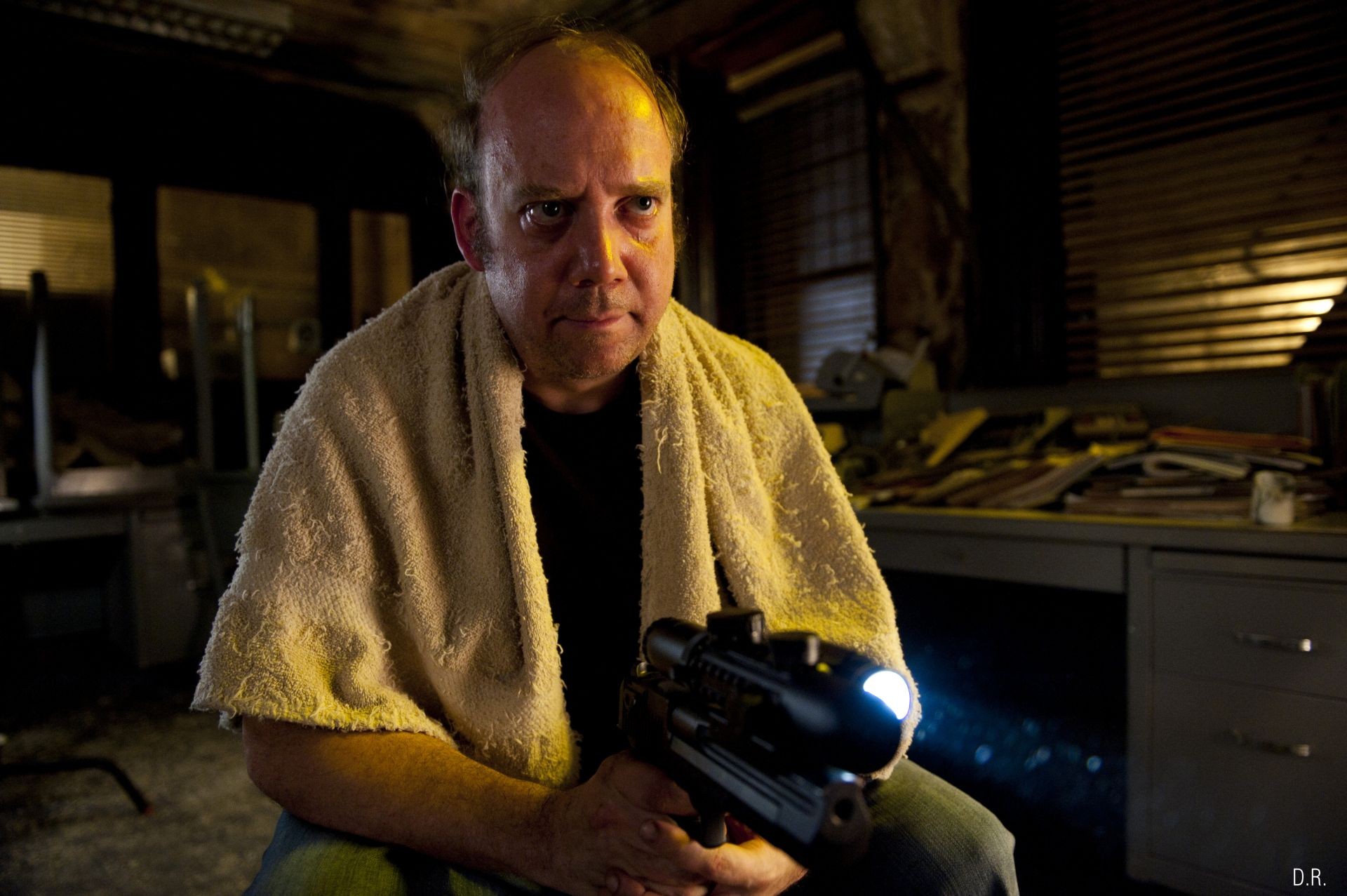Road movies - they celebrate the open road, the freedom of
travel, and the discovery of the self. Hardly the kind of genre you would
expect to be a claustrophobic and dystopian philosophical musing on modern day
capitalism. Yet here we are, with David Cronenberg bringing us a strikingly
original take on the road movie based on Don DeLillo’s novel of the same name.
First things first, this movie is nowhere near as action
packed as the trailer would have you believe. This is what I hate about trailers,
they sell a film as something it’s not, people go to see it, hate it, and then
tell everyone it sucks. This is something I’m sure scores of screaming R-Patz
fans are going to be doing as his character - Eric Packer, a super rich
billionaire - is a far cry from the smouldering, floppy haired and vacuous
Edward Cullen that they would come to expect. Instead what we have is a study
of a cold and calculating young man at the pinnacle of his existence, where the
only way for him to go is down.
And a long way down he goes as well - treading familiar
Cronenberg ground, the edge of human mentality and physicality - he loses
everything he has in the space of a day in his limo trying to get across town
to get a haircut. These are mostly events that take place outside of the car,
which doubles up as his control centre, and shows that even those who command
such incredible wealth and power are not completely invulnerable to the outside
world. One particular sequence, in which Eric gets a cream pie to the face, can
only lead to recollections of one News Corporation CEO falling to a similar
fate.
Though despite the events that send his life spiralling out
of control occur outside of his limo, the severe majority of the film takes
place within the confines of it. A lot of the time it’s just the characters
talking, and even the dialogue is something that would barely be used in a real
conversation, but that’s not to say that nothing happens. It’s the performances
and cinematography that make this film shine. Pattinson is brilliant as Packer,
and his performance is one that is likely to break him from the R-Patz mould.
He is fierce, yet blank - the epitome of cold calculation you would expect from
such a figure in the real world. The camera work and lighting are enough to
keep the conversations visually interesting as well as subtly creating the
detached mood of the film.
It is this complete otherness that the film exudes that is
going to divide the audiences. People have walked out of it, people have
praised it, and people have vehemently attacked it all over the web. It’s a
film to get people talking, and the issues it discusses in the film have never
been so relevant today. It’s a startlingly close, if not hyper exaggerated,
rendition of our times and if it gets people talking, then it has done it’s
job.





